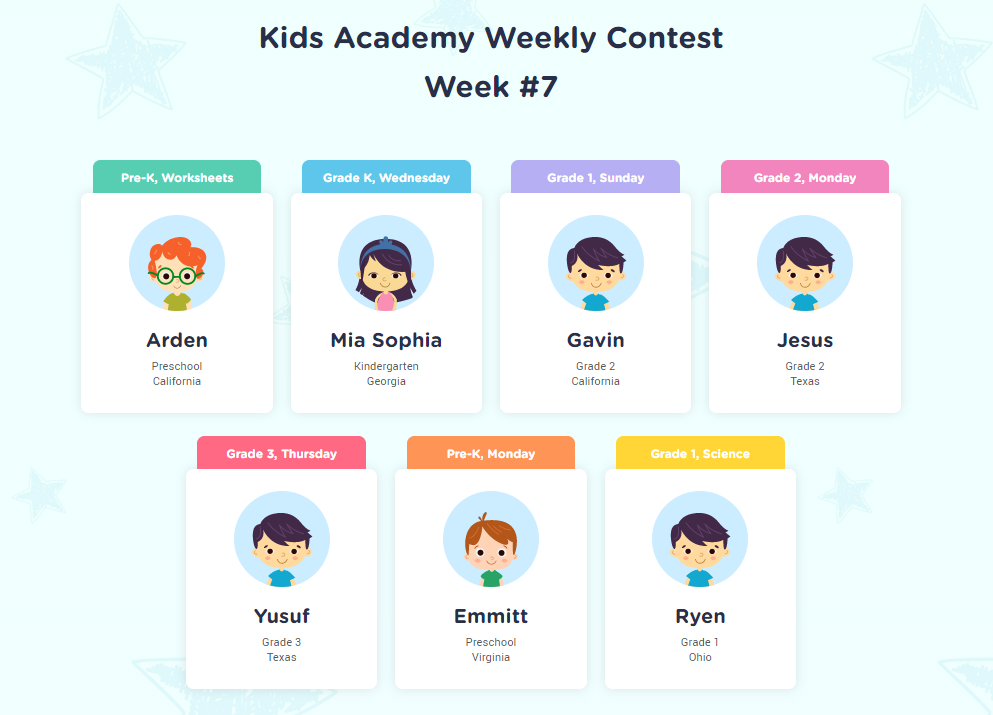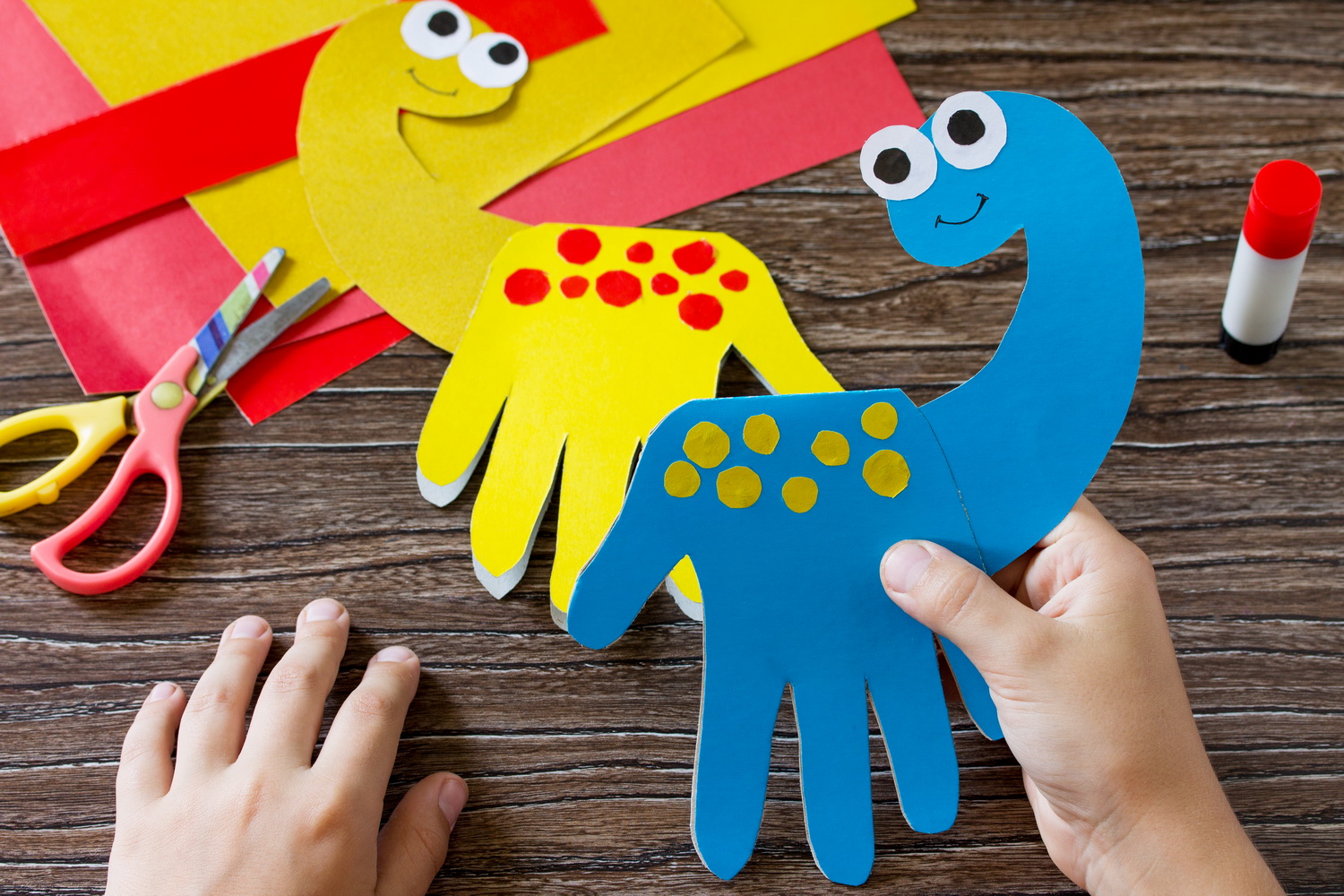4 Skills that Develop your Child’s Fundamental Writing and Spelling Abilities
Dec. 21, 2021
Reading Comprehension
The growth of a child's writing skills mirrors that of their reading skills. Therefore, boosting your child’s reading skills and strategies for decoding words will aid in developing their ability for writing.
As young readers, children are exposed to several print concepts. When they point to a specific word on a page and attempt to match their voice to a written representation, they acquire a "concept of word" — a knowledge of the purpose and existence of gaps between words, as well as the fact that spoken words correspond to printed words.
Students who want to write must be able to decode unexpected words and identify a wide variety of other words. It is necessary to have a firm grasp of how sentences, phrases, and paragraphs are put together.
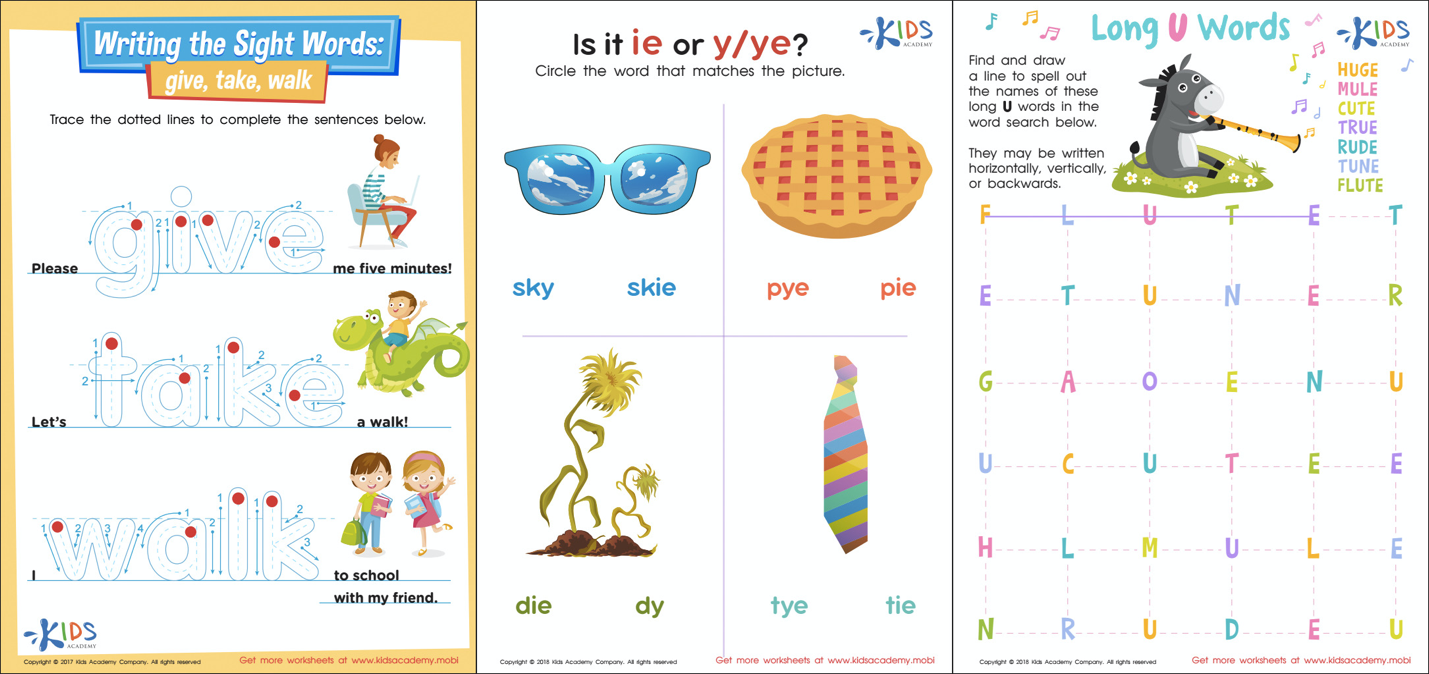
A good reading program begins with phonics and phonemic awareness. Despite their similarity, they are not the same thing. Phonics is one of the most productive and time-efficient methods for teaching your child to read and write. It is the study of the link between sounds and their corresponding letters. Practice their phonetic awareness (like the long ‘u’ sound) with a variety of worksheets Kids Academy has available for you to download.
Phonemic awareness focuses solely on the ability to identify sounds within a spoken word. Rather than asking your child to name a letter, have them name a sound. The ability to recognize rhyming words is another key skill to develop and improve phonemic awareness.
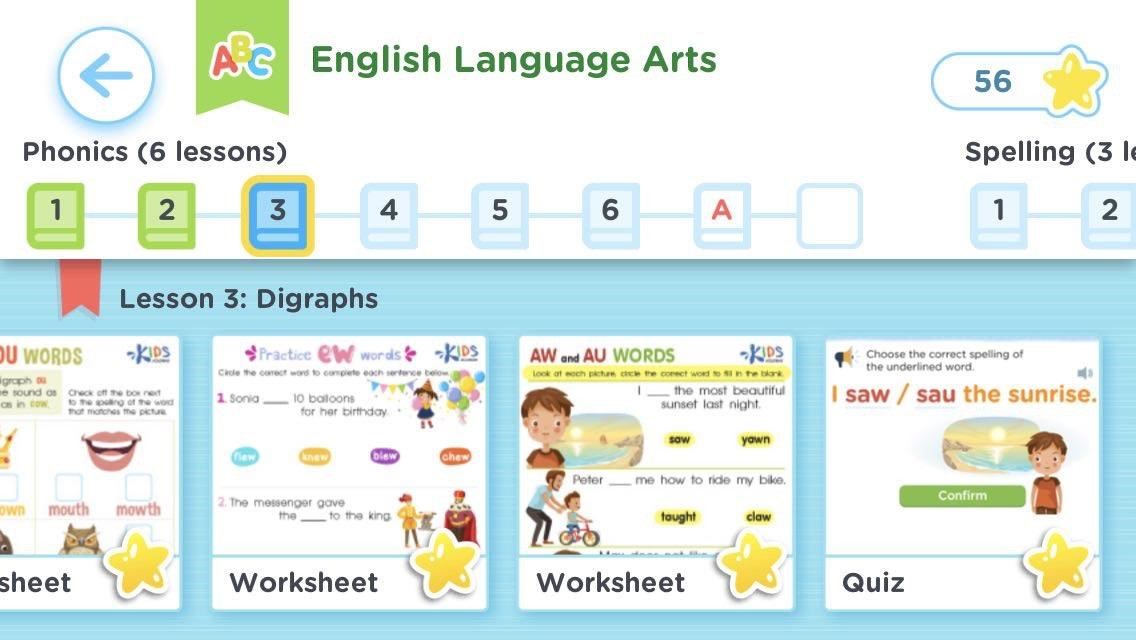
The capacity to read and comprehend a piece of writing is one of the most fundamental skills when learning to write. Establish a connection between reading comprehension and writing independence.
Transcription
Transcription is the physical process of creating words, which also includes handwriting, typing, and spelling. As children learn to write, they progress through a variety of stages through understanding the rules of literacy, such as letter sounds and the spacing of words in sentences.
When developing early print literacy, children learn to copy the writing they encounter in their environment. What appears to be random scribbles in the early stages of a child's writing often leads to crucial clues about their concept regarding the significance of print.
Shapes (like circles and squares) and other figures begin to appear in writing. Your child will attempt to create letter-like shapes and formations. When practicing letter writing, you'll want to ensure that each letter is formed appropriately, starting in the right location and that the letters carry some sense of relative proportion to one another over time, even if the initial focus should be on generating a legible shape. Help your little learner practice their letter formation and their exposure to sight words by using Kid’s Academy’s expertly created worksheets, like this one.
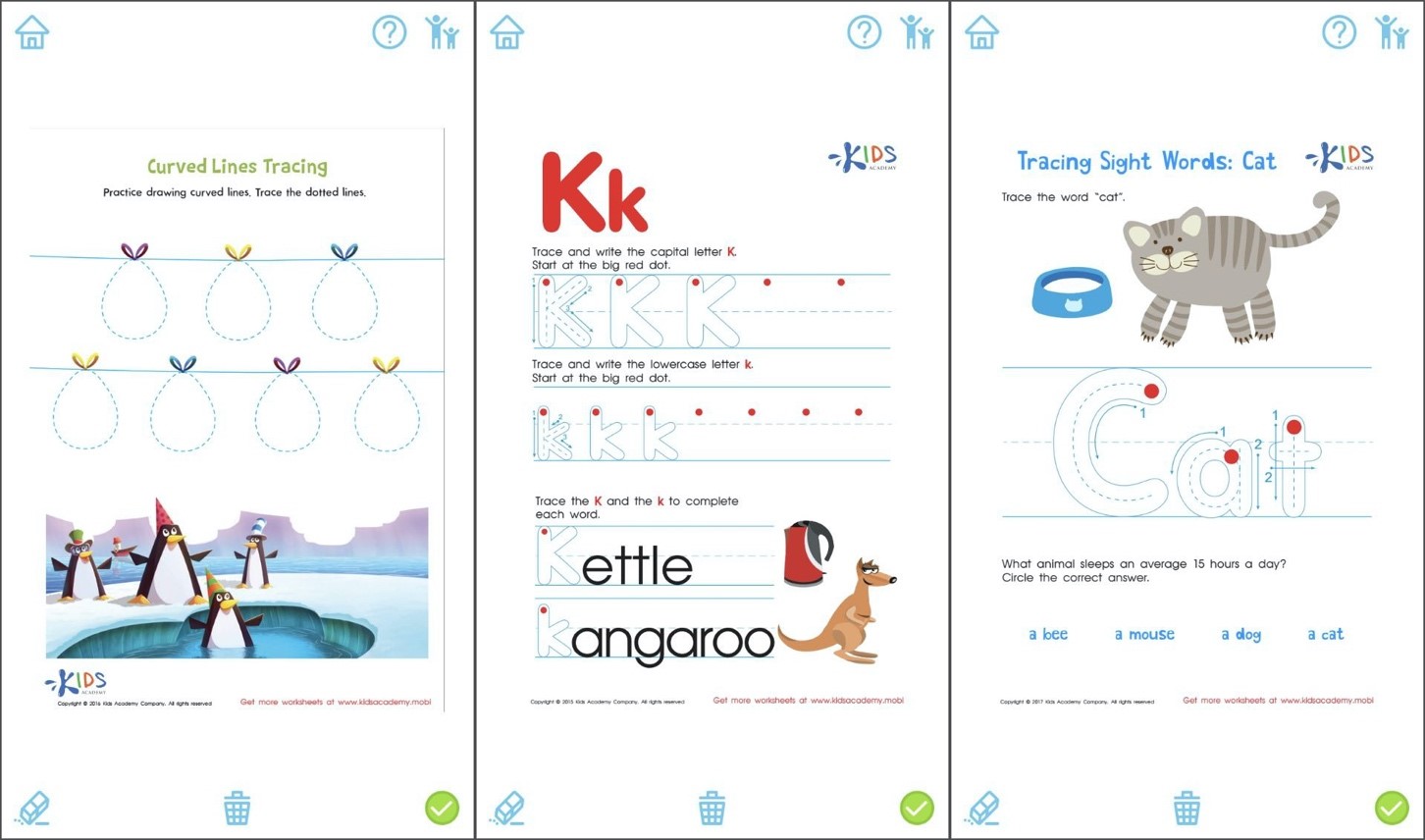
Depending on their abilities, some children can write legibly or type swiftly, but they have difficulty spelling words on their own. Difficulties with spelling can indicate issues with articulation, reading, receptive language, attention/concentration, planning/sequencing, and executive functioning. This gap between what can be read, and what cannot be written can be frustrating for a child who struggles with spelling. This can lead to a lack of ability to communicate effectively through writing, despite one's intelligence. Some ways we can improve spelling skills is by:
- Focusing on articulation. Writing a word correctly requires a child to be able to pronounce it properly. It's possible that when they can't articulate a certain sound, they may end up writing a word in the way they say it, which could lead to an entirely different meaning.
- Broadening the number of words they know. Reading is the primary method of acquiring new vocabulary. It’s important to read every day. Help your child increase their knowledge of the correct spelling of common sight words with our educative worksheets.
- Boosting phonological awareness. Awareness of language sound structure and the ability to break words down into their individual sounds is called phonological awareness. For a child to spell words, they must be able to recognize how letters are put together to form words (d + o + g = dog), as well as each individual sound in the word. Hearing the syllables (or beats) of the word will help them spell more complex words. Word families (like dog, hog, and fog) are easier to remember and spell when they're rhyming words. Check out our fantastic video for emerging writers developing their phonological awareness here.
- Enhancing their linguistic understanding. Learning the principles and structure of spelling might help children decipher unfamiliar words more quickly. Lots of practice is needed, as the many spelling rule 'exceptions' can only be understood if children are familiar with the structure of these rules, such as the silent ‘e’, double consonants, and vowel combinations. Some rules can be easily applied, while others can be memorized by heart. Fortunately, Kids Academy makes this a little easier and a lot more fun for your kiddo! Learn all about silent letters and other spelling rules in our videos and practice spelling with this and our other colorfully-fun worksheets. Practice commonly misspelled words with this worksheet and how to transform singular words into plural here.
- NOT using memorization as the only strategy for spelling words. Despite the fact that teachers have been handing out weekly spelling lists to their pupils for decades, study findings show that although students were quite good at memorizing how to spell words during tests, they were terrible at recalling these words afterward. Spelling can be a chore for students. Memorization tasks that are disjointed, purposeless, and repetitive are frustrating for students. Using this strategy to teach spelling reinforces the belief that spelling is an intrinsic skill, leading your child to wonder, "What's the point?" It's imperative for children to learn to spell in context.
Sentence Composition
The "mechanics" of writing refers to the fundamentals of writing. Spelling, capitalization, punctuation (handwriting or keyboarding), and sentence structure are all examples of basic writing skills.
Writing requires students to construct cohesive sentences. However, it is typical for youngsters to struggle with comprehension and sentence structure. It's possible that they aren't aware of the many verb tenses or how they are used. They may also use poorly constructed or fragmented sentences. Run-on sentences are commonly used to discuss many concepts for some early writers. Punctuation and capitalization are other layers of constructs to remember while writing. Kid’s Academy has an expansive collection of printables that focus solely on punctuation and capitalization, as well as quizzes to check how the concepts have settled.
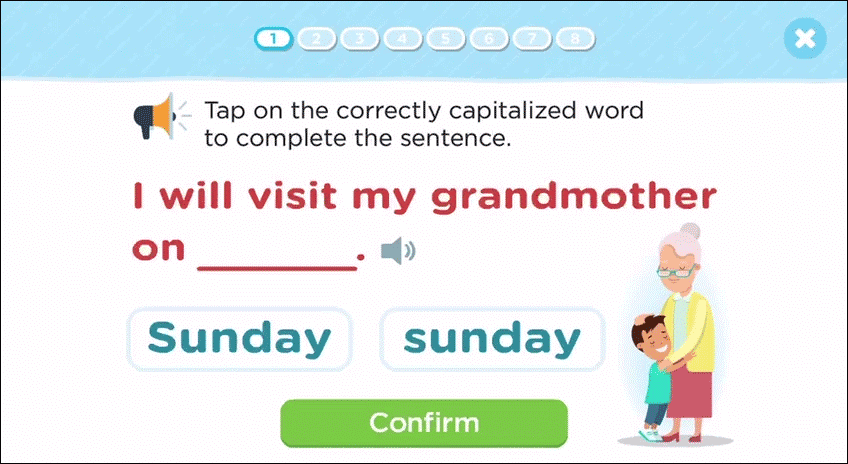 Revising and Editing a Piece of Writing
Revising and Editing a Piece of Writing
The translation of thoughts and ideas into words, or the "content" of writing, is called text generation. Word choice, details that enhance meaning, and clear expression are all part of text generation.
Planning, rewriting, and editing are all necessary steps in the procedural writing process. Throughout a child's education, these methods grow significantly more critical to literary success.
It can be difficult for children to keep track of so many ideas when they're writing. They must decide how to organize their ideas into paragraphs and an overarching framework. This requires recalling relevant information, such as genre and knowledge of relevant content. Executive functioning skills, such as working memory and attention, are essential.
It's also important for children to go back over their work to correct mistakes to clarify their writing. Understanding why and how to make modifications to the text requires experience and previous knowledge of grammatical formalities and exposure to high-quality text. In our Grammar game, a little penguin will help your child practice the function of nouns, pronouns, verbs, adjectives, and adverbs in sentences.
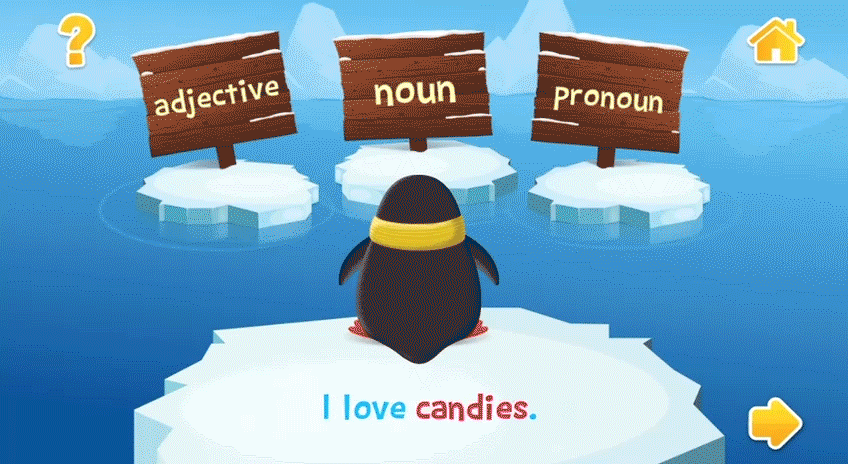
Download the Kid's Academy Talented and Gifted app today and take advantage of our resource database to assist your child in developing their writing and spelling skills – the fun way!
About the author
United States, CA, Felton
References:
- https://childdevelopment.com.au/areas-of-concern/literacy/spelling/
- https://www.teachhub.com/classroom-activities/2013/12/activities-to-develop-students-spelling-skills/
- https://literacyideas.com/top-5-preschool-writing-skills/
- https://www.readingrockets.org/reading-101-guide-parents/writing-basics
- https://www.3plearning.com/blog/how-to-teach-spelling/




